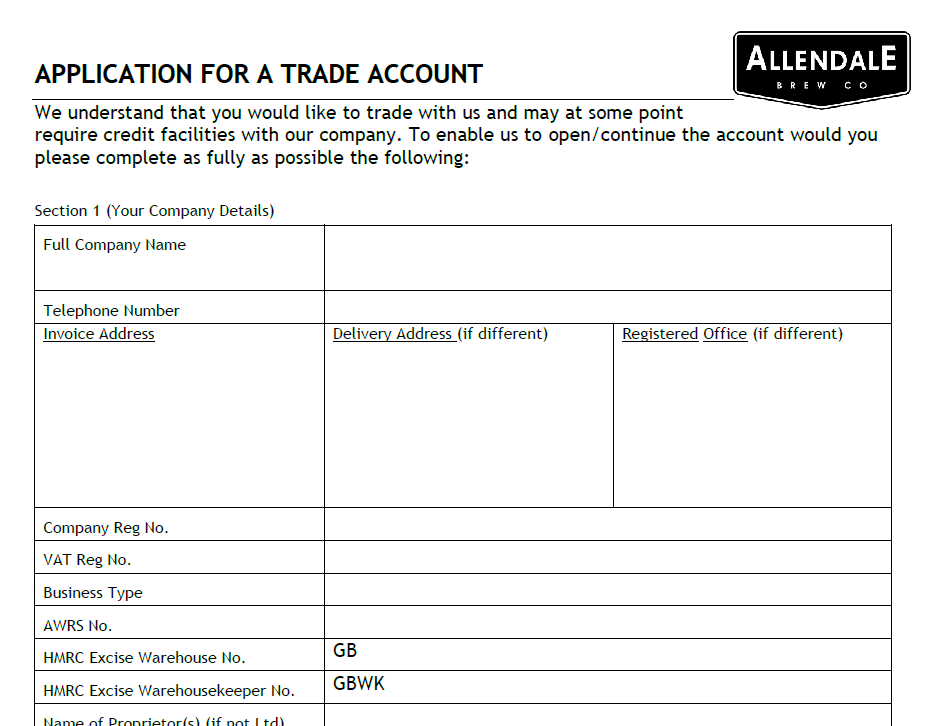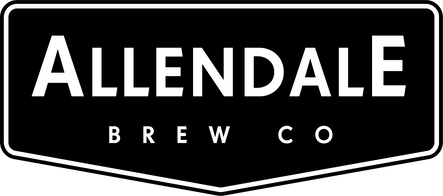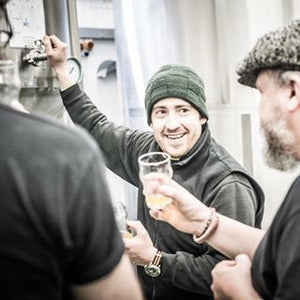Things you might like to know
Delivery Info
We offer FREE next day delivery on orders of £60 or more (including merchandise items).
For orders under £60 we charge a flat rate of £7.50 to contribute to packaging and courier charges.
If you're lucky enough to live in one of the more remote yet beautiful spots across the UK you will likely already be aware that there may be additional charges to your address levied by the courier.
We pay for the premium DPD Next Day Signed for Liquids Service to ensure that your delivery arrives safely and that alcohol is only delivered to someone 18 or over.
Our packaging may seem excessive but is required by DPD to safely transport your bottles & cans. We have however partnered with Give Back Box UK a scheme to re-use the box and aid charitable giving. Just fill your box with unwanted good quality items, download a FOC postage label from their website and pass on that warm feeling inside.

Age Verification
If you are lucky enough to appear under 21 years of age you will be asked to prove you are 18+ years old, either by our diligent couriers or our dray team at point of delivery.
Can I visit the brewery?
We love showing people around the brewery including talking all things beer and getting your feedback, however you need to pre-arrange your tour with us to ensure we can free up a brewer and make the brewery safe for the public.
Tours are normally arranged for a weekend for groups of 10 or more, as it is not possible to accomodate visitors whilst we are actually brewing.
If you would just like to pop in and buy some of our beers we have a shop at the brewery which is open Monday to Friday, 9am to 5pm. There is also a viewing window to see the magic
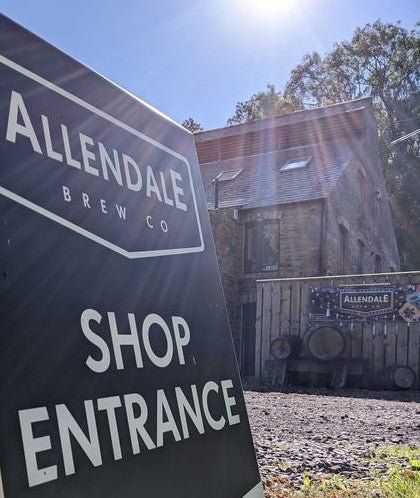
Brewery Tap Events
Thank you for all the support at our first trial brewery tap event on the 31st March 2023. A huge success that we will continue to develop and offer on a monthly basis. Keep an eye out for the next event and what you can expect if you visit.
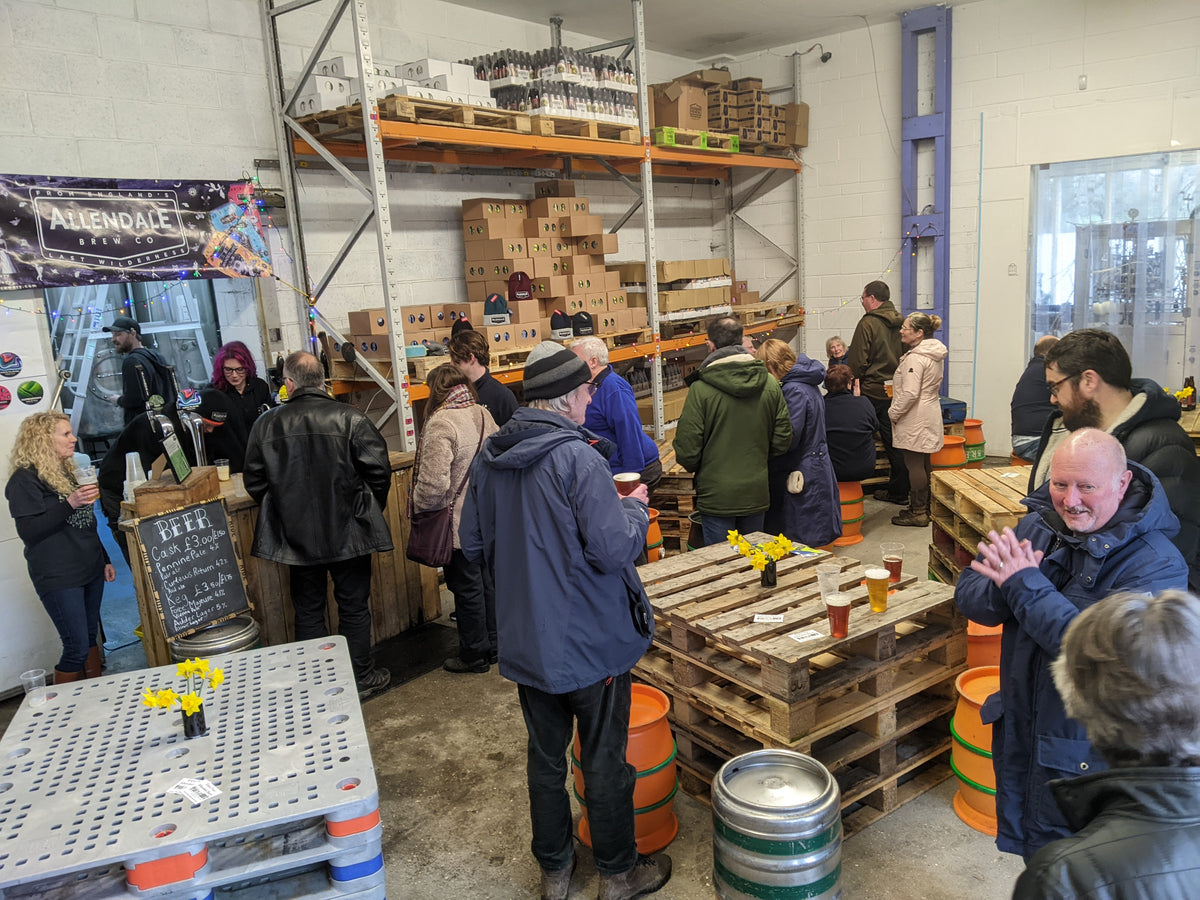
What is 'live' or 'real' ale?
Real ale is a live product, containing yeast and fermentable sugar so that the ale continues to ferment and mature in the cask or bottle. Natural carbon dioxide is created during this secondary fermentation, giving the ale bubbles or “condition” as it is known. Cask Conditioned ale is dispensed by gravity straight from the cask or by using a hand pump to pull it through a hose to a hand pump on the bar.
Live beer contains sediment (yeast and finings) and depending on your preferences and the beer style may require settling prior to dispense otherwise the beer will pour cloudy. We advise allowing at least 24 hours for live beer to settle.
What is bright beer?
Bright Beer or pre-racked beer; has had the sediment/yeast removed at the brewery. Bright Beer requires no settling time and can be drunk immediately - handy if you need to transport beer to a party/venue.
What are the differences between cask and keg beer?
The difference is three fold:
1. The beer they contain
2. The method of serving
3. The actual container
Our casks contain 'live' beer straight from the conditioning tanks, our keg beer goes through an additional filtration process to remove the yeast and sediment giving the beer more clarity and a longer shelf life. The beer in a cask will continue conditioning throughout it's lifespan as the yeast works on any few remaining sugars. Kegged beer is force carbonated during the filling process which provides a controlled and consistent level of carbonation.
The two products are served through different equipment namely the hand pump (or beer engine) and the font (or tap).
CASK beer can be served by gravity however in most venues a hand pump is used to assist pulling the beer out of the cask and along the line. To prevent a vacuum forming in the cask there is a secondary hole filled with a porous spile to allow air to replace the missing beer. Casks come in many sizes which have traditional names: A Pin holds 4.5 gallons; a Firkin holds 9 gallons; a Kilderkin, 18 gallons; a Barrel, 36 gallons; a Hogshead, 72 gallons, and so on. The most popular size is a Firkin, holding 9 gallons, or 72 pints.
KEG beer is served through pressure forcing the beer out of the keg and through the font. There is one self closing valve on a keg where gas (normally carbon dioxide) is forced in, which drives out the beer through the same partitioned opening. When people talk of nitro keg, it’s a reference to the type of gas used in the carbonation process. It makes the difference between the creamier nitrogen N2 beers and their lively CO2 counterparts. Gas pumps can preserve a keg up to 120 days with proper refrigeration.
We use sankey connection valves on all of our kegs.
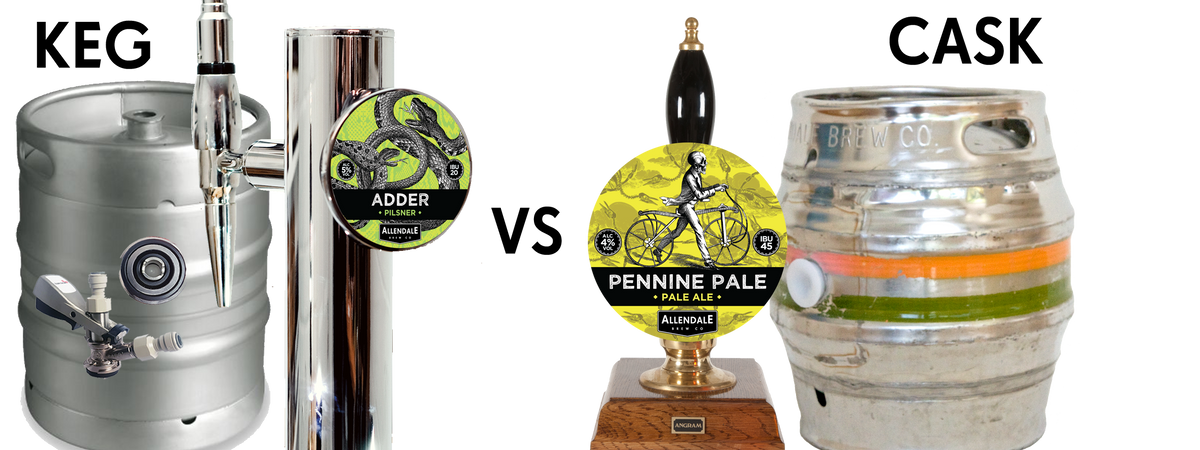
What is a Polypin?
A polypin consists of a thick plastic collapsible bag with a screw on tap, held secure within a double walled cardboard rigid box. The same principle as a wine box.
As the beer is served, the bag collapses down on itself so no oxygen is drawn in. This means the beer will last longer than it's cask counterpart in a chilled environment.
Dispense from poly pins 'aka' bag-in-box is convenient as they can be connected to a beer pump or dispensed straight from the tap.
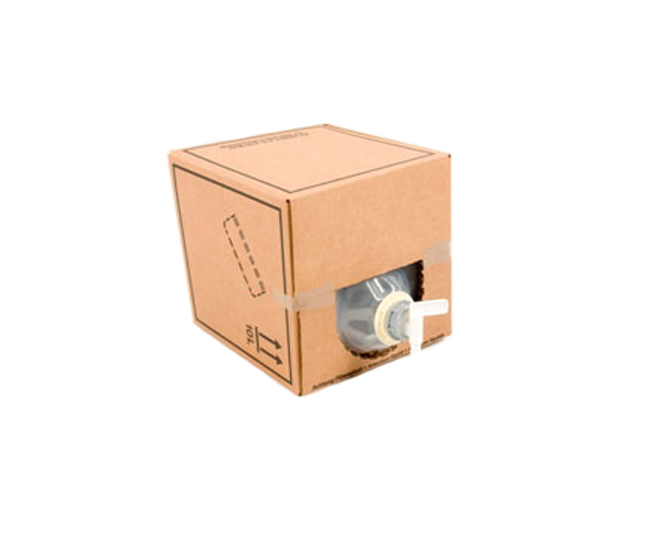
Is real ale difficult to set-up and serve?
Setting up and serving real ale is a skill but one that can be easily learnt and constantly improved.
Dependent upon the container there are different ways to extract beer but typically it will be cask that needs racking (settling time), then when ready it will need tapping and spiling (followed by another settling period before serving). There are various methods for extracting beer including the cask tap, a vertical extraction spike and the more modern cask widge. There are advantages to each method, for more info have a look at the Cask Marque page. In addition, the beers needs venting or sealing at different times and there are numerous tips and tactics that good publicans and cellar managers have for ensuring every pint is in top condition.
The poly pins (unless bright) do need the settling time however they don't need the tap and spile or the venting procedures, making them an easier option where training is not possible.
Kegs require specialised equipment along with a gas supply so should only be used by trained staff, although the maintenence and serving is not difficult the equipment installation and correct set-up requires industry specialists.
For some step by step proceedures and advice visit: http://cask-marque.co.uk/info-for-pubs/training/
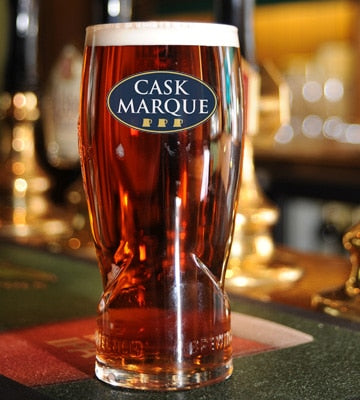
What is the difference between a lager and an ale?
The main difference is in the yeast used and therefore the brewing times. Lager yeasts like lower fermentation temperatures and typically take three times longer than an ale yeast to ferment. Lager yeasts also work at the bottom of our fermenting tanks as opposed to the ale yeasts, which ferment at the top of the tank. Adding on the additional month of cold maturation, to fully round off the flavours, extends the brewing process for lager to around 8 weeks.
Lager yeasts typically produce less fruity esters (flavours) than ale yeasts hence why lagers tend to have a clean crisp flavour compared to their ale counterparts.
How to I apply for a Trade Account?
Please get in touch to discuss your requirements and request our Application for a Trade Account form.
We are legally obliged to capture your standard business information along with any applicable excise/AWRS registrations and two trade references, that will allow us to conduct the required due diligence required by HMRC as per our licensing to trade in excise products.
Please be aware we take data privacy and security very seriously. Our Privacy Policy and Due Diligence policies are online.
